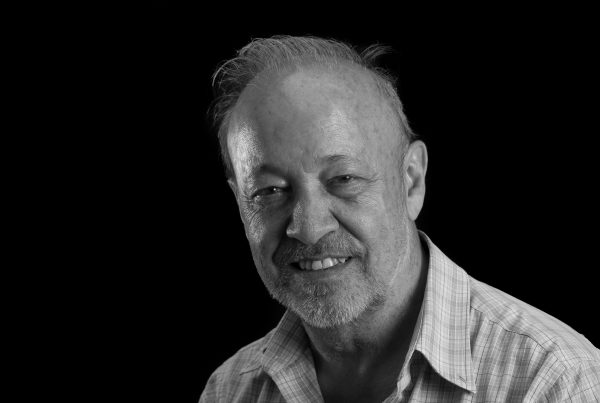PhD in Biological Sciences by the Univ. of Barcelona in 1981, under the supervision of Prof. Miquel Crusafont. Director of the Inst. of Paleontology M. Crusafont from 1985 to 2005. ICREA Research Professor at IPHES since 2005. Member of the Royal Academy of Sciences and Arts of Barcelona. Narcís Monturiol Medal of the Catalan Government for his scientific merits. Scientific Literature Prize of the Catalan Government for his book "El secret de Darwin" (2001). President of the Regional Committee on Neogene Mediterranean Stratiraphy from 1999 to 2009 and voting member of the Subcomission on Neogene Stratigraphy (IUGS, UNESCO). Chairman of several national and international projects, among them the ESF-Network on "Hominoid Evolution and Climatic change in the Neogene of Europe" (1996-1999). He has also conducted field-campaigns in northern Africa and Caucasus (Georgia). He has written 14 books and edited 14. He is the author or co-author of more than 200 papers.
